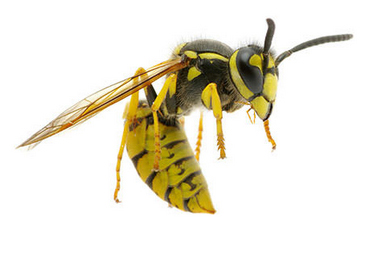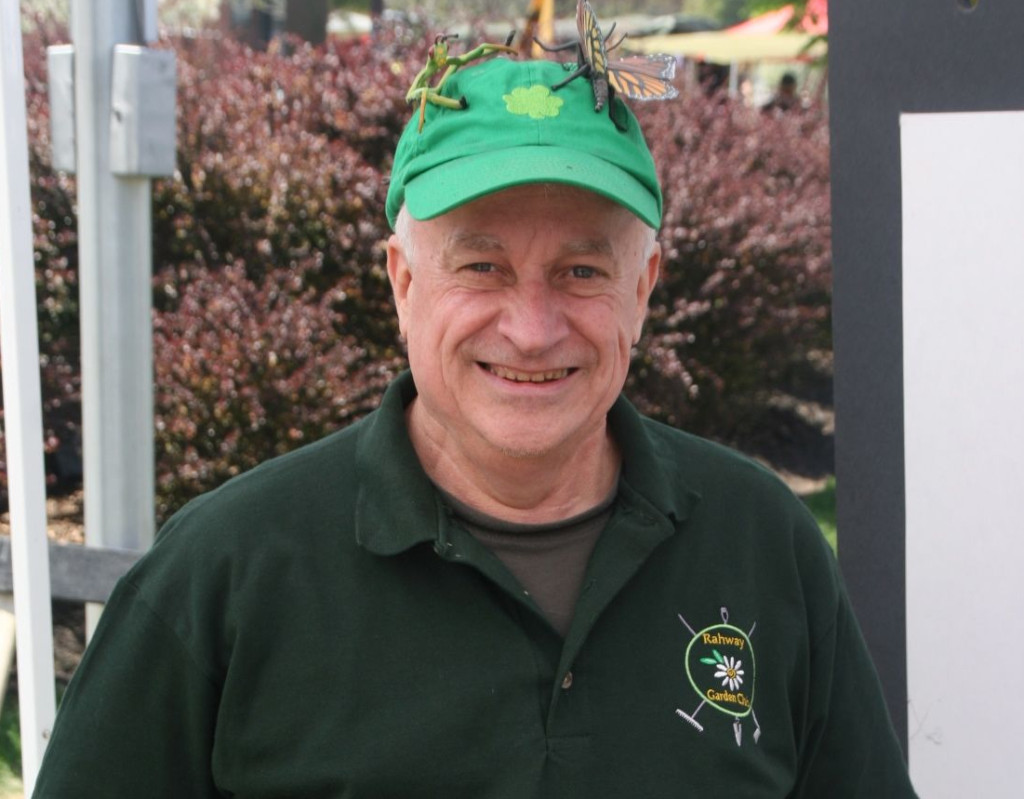
(above) If you find a Yellow jacket nest avoid it and warn others to stay away. Make plans to destroy the nest safely at dusk or before dawn.
Throughout the centuries humans have learned to fear wasps, with good reason. When disturbed, wasps render a quick and painful response. After stinging a victim, wasps keep their stingers intact, enabling them to repeat the attack on their target multiple times, while alerting the rest of the colony to join in.
Hornets, Yellow-jackets, Polistes, Mud daubers and Cicada killers are all wasps, considered a beneficial insect because they feed on other destructive insects around the home grounds and in gardens. No matter how beneficial wasps are to the environment they also attack us, so their nests should be destroyed when they build them close to where we live and children play.
The type of wasp can be identified by the nest they build. Polistes, also known as paper wasp and Hornets build their nest above ground in trees, shrubbery and under eaves. Mud daubers nest under eaves, porch roofs and behind shutters, but not in trees. Cicada killers nest in the ground and will not usually attack humans.
Yellow-jackets mostly nest in the ground but will take advantage of many other nesting sites they find. Yellow jackets are one of the most feared wasps in our area. In the early summer, yellow jackets feed mainly on insects, but as the season changes so does their diet. By September yellow jackets feed on meat which makes them an unwelcomed and aggressive visitor at picnics and BBQ’s.
Whatever you do, don’t spray a nest during the day when the colony is on the alert to defend itself, especially if children, pets and other humans are nearby. Warn everyone to stay away and if possible rope off the area. Then make plans to spray the nest at night when wasps are least able to defend themselves. Before spraying, make sure you have a quick and safe escape route from the area.
For more information on this urgent topic read Rutgers Cooperative Extension Fact sheet # FS212, ‘Wasps and Their Control’. You can also call Rutgers’s Garden Helpline of Union County at 908-654-9852 with questions or a copy of the Fact sheet.
Wishing everyone
a safe and happy summer,
James


